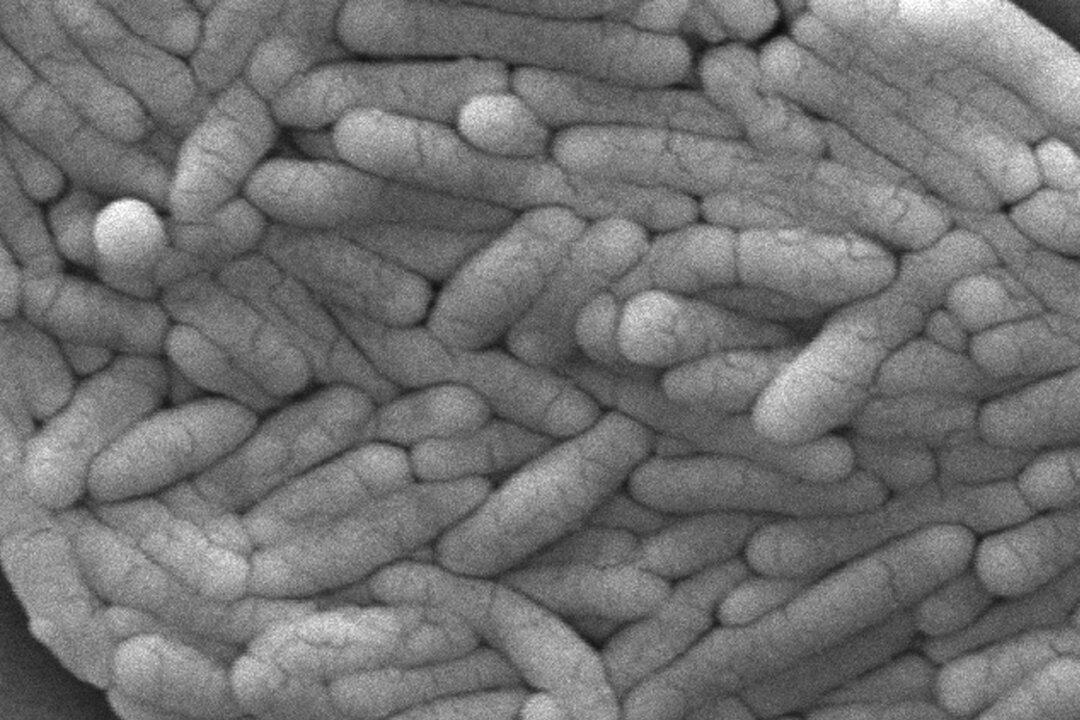Federal agencies are failing to meet their foodborne illness reduction targets, necessitating the creation of a national strategy to improve food safety oversight, according to a recent report from the U.S. Government Accountability Office (GAO).
There are at least 30 federal laws governing the safety and quality of the U.S. food supply. These laws are administered by 15 federal agencies, including the Centers for Disease Control and Prevention (CDC), the Food and Drug Administration (FDA), and the Food Safety and Inspection Service (FSIS).





